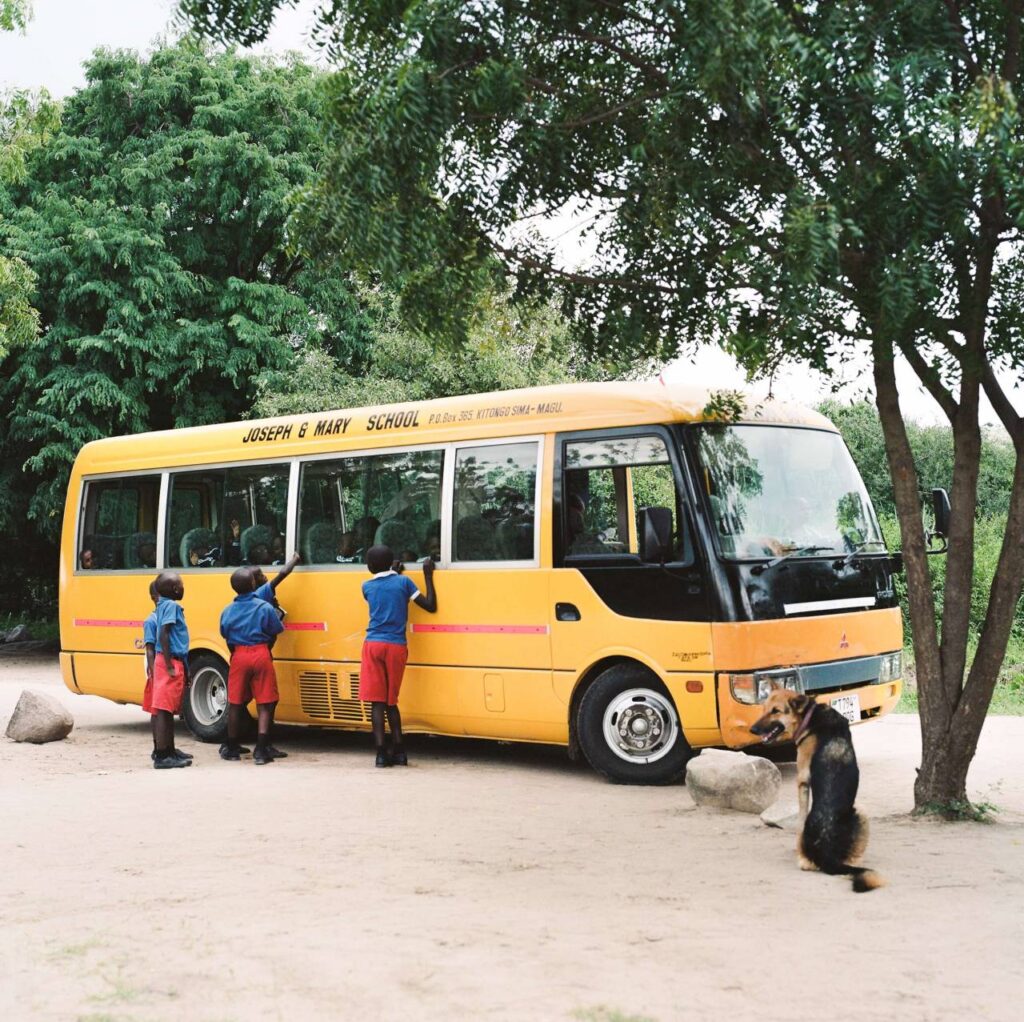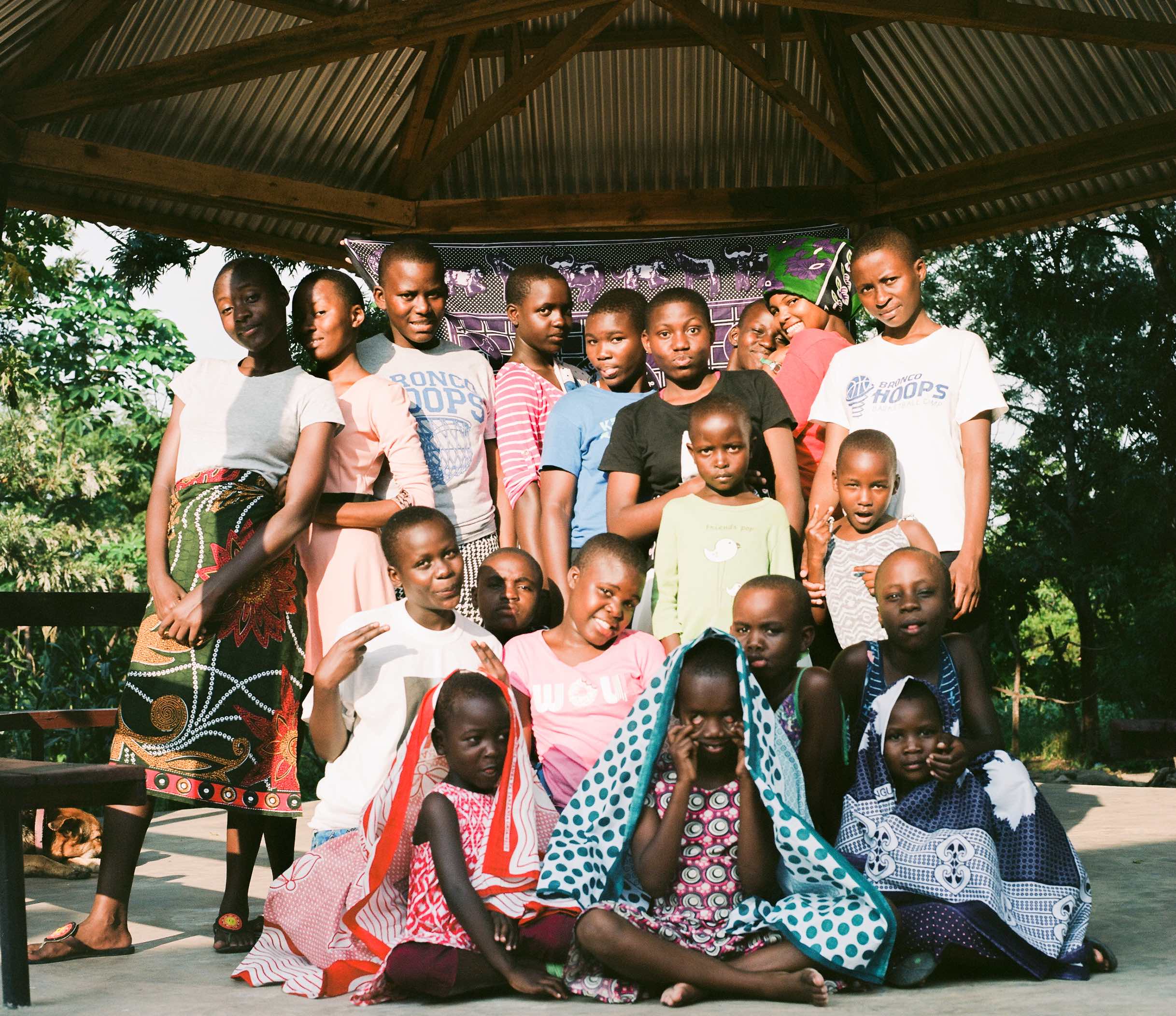A few years ago, Ghanaian-American photographer Lloyd Kofi Foster, due to personal reasons, set out to traverse and document the daily lives and situations in Africa. During his journey, he stumbled upon one of Africa biggest treasures: its sun-absorbed, companionable children. This interview features a photo series by Lloyd Kofi Foster who is wholly committed to capturing the concealed life of his community’s children, in a neighbourhood where roaming and exploring the world around them is encouraged as a necessity to show that there are other ways of life and other methods to raising children. There is something innocent and joyful about watching children interact with one another or how they are around each other, the amazing thing about Lloyd Foster photography is he lets kids be kids.
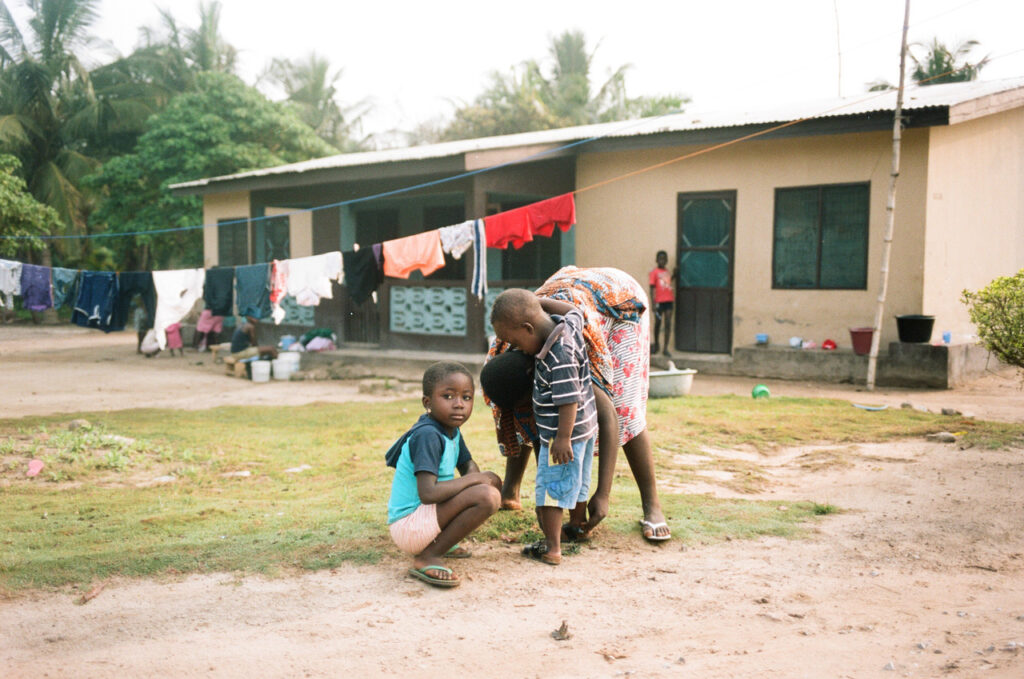
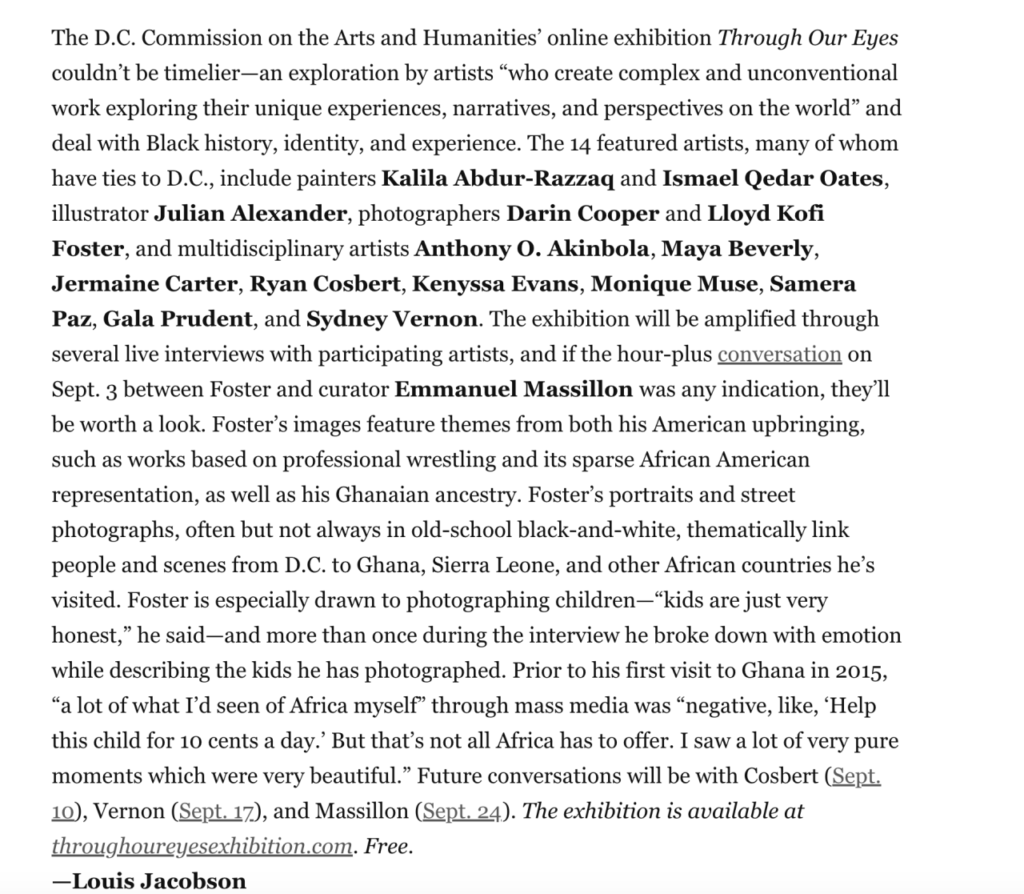
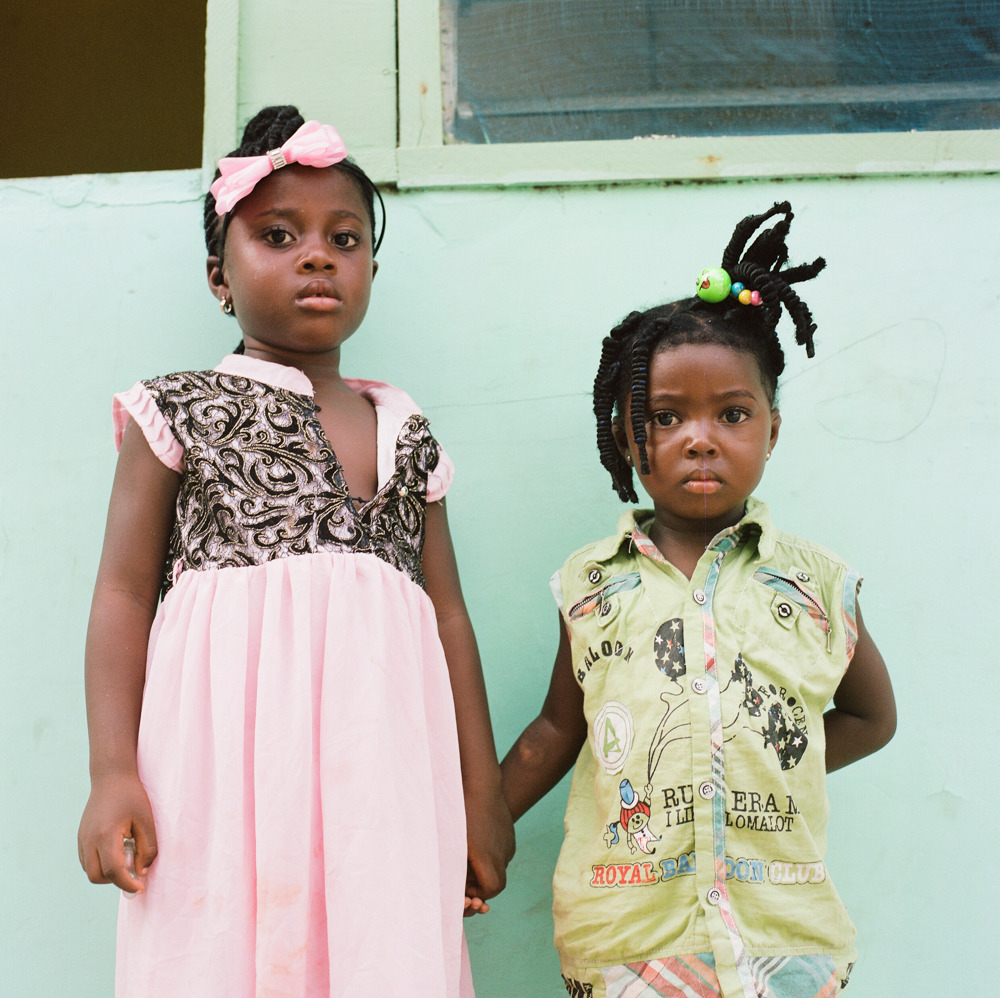
Childhood memories are irreplaceable. The innocence and curiosity Lloyd captures is priceless. His portraits reveal change and emotional turmoil beneath the social surface. Our days can be crazy and chaotic and taking photos is a way of slowing down in the midst of it all. Lloyd in his work manages to capture the innocence and never-ending summer feel of childhood. Aside from the brightly coloured clothes and plastic toys of today, Lloyd interest resides the little moments that both parents and children love to remember.
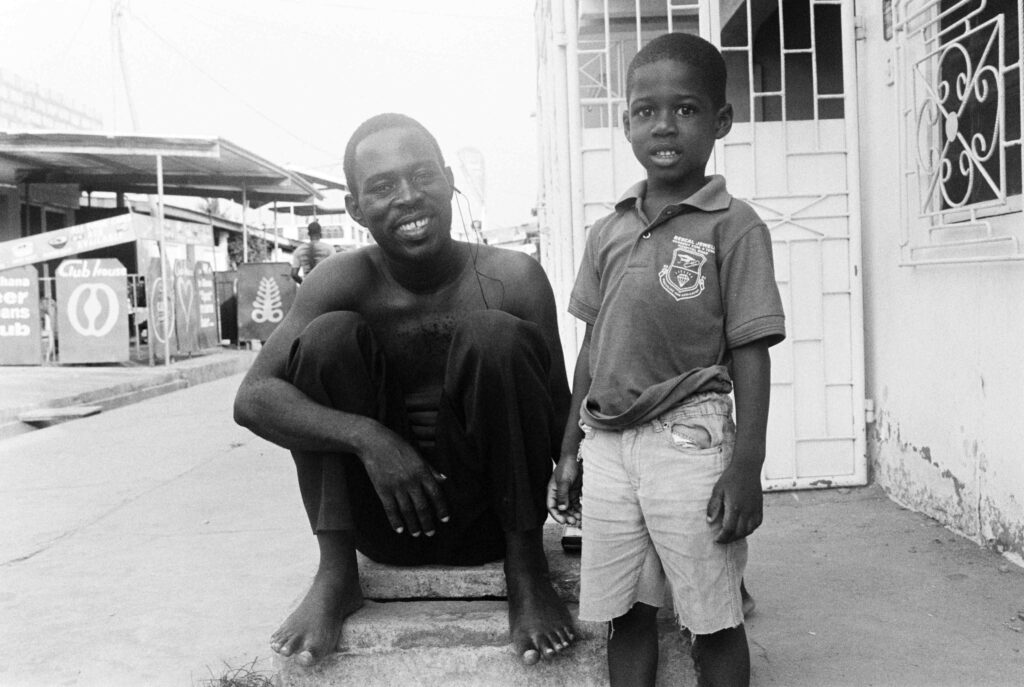
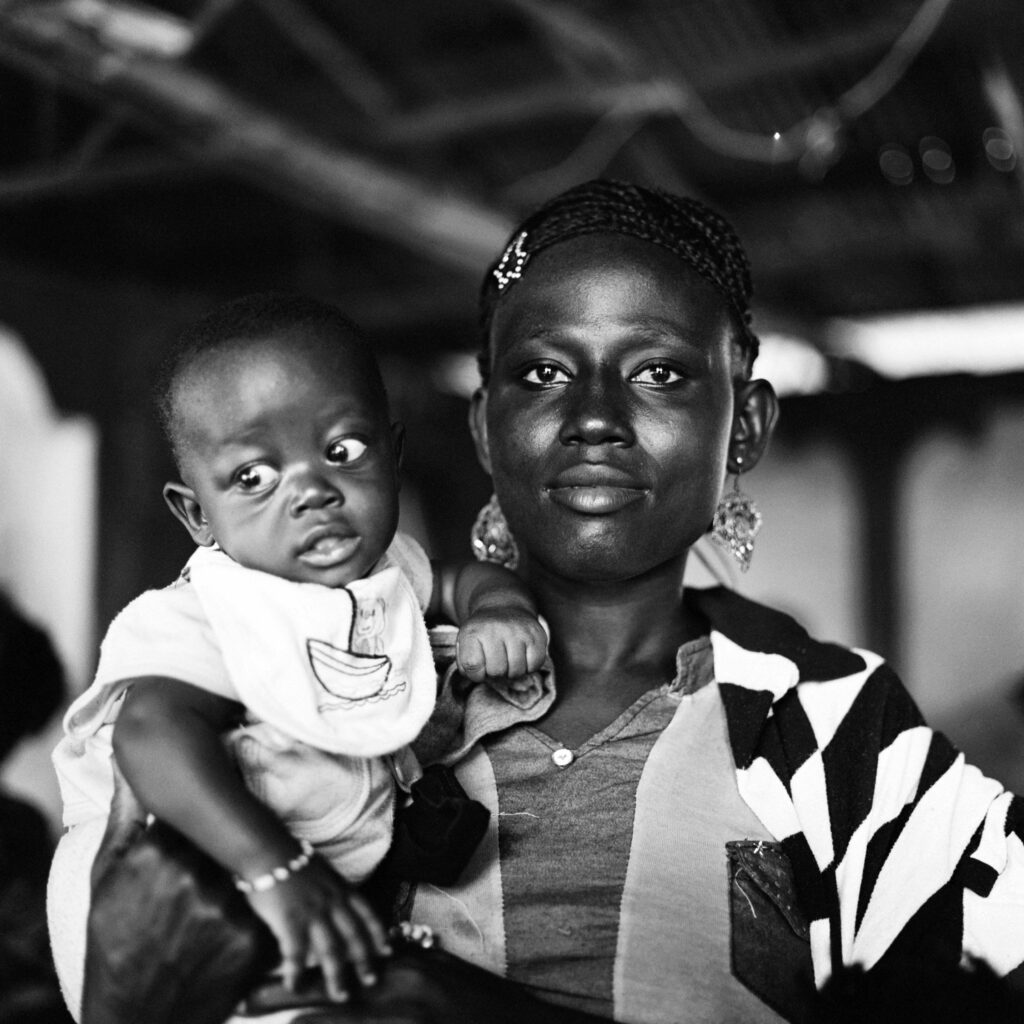
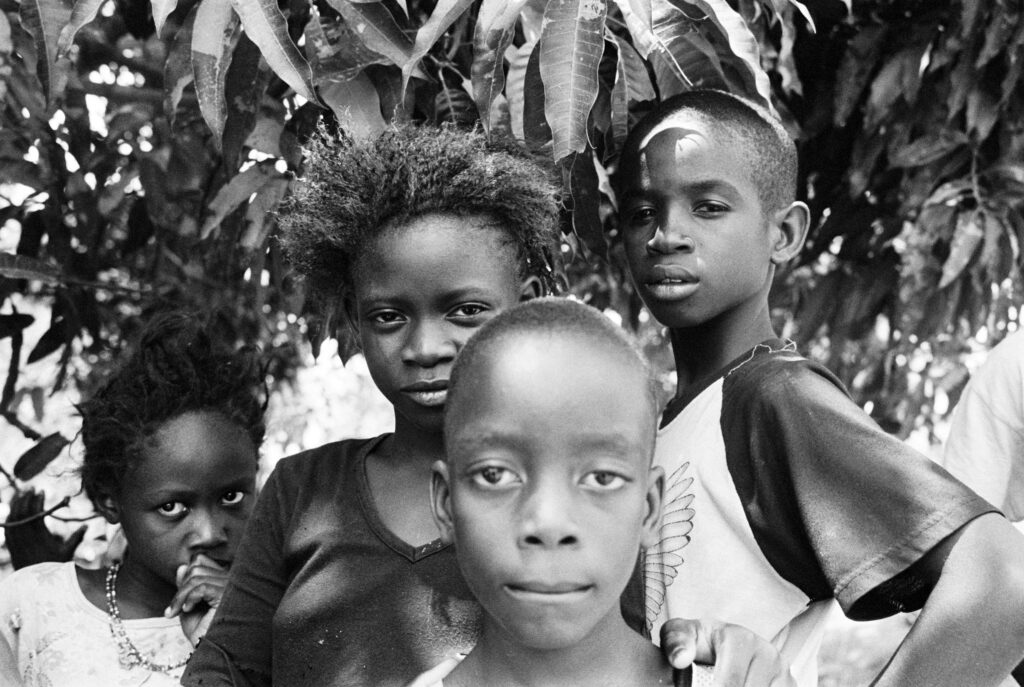
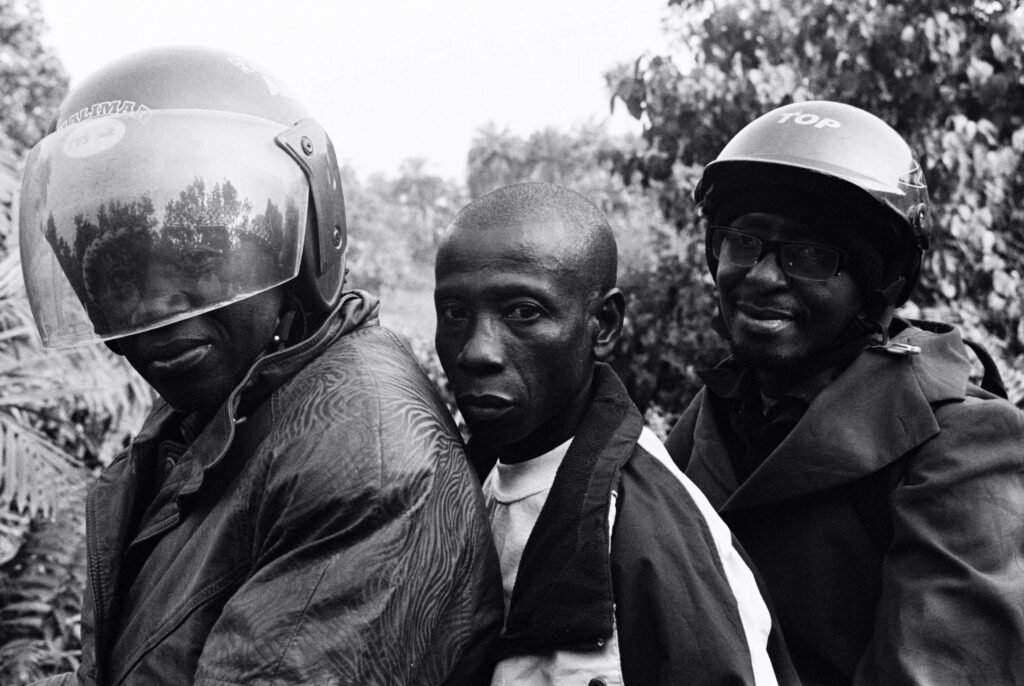
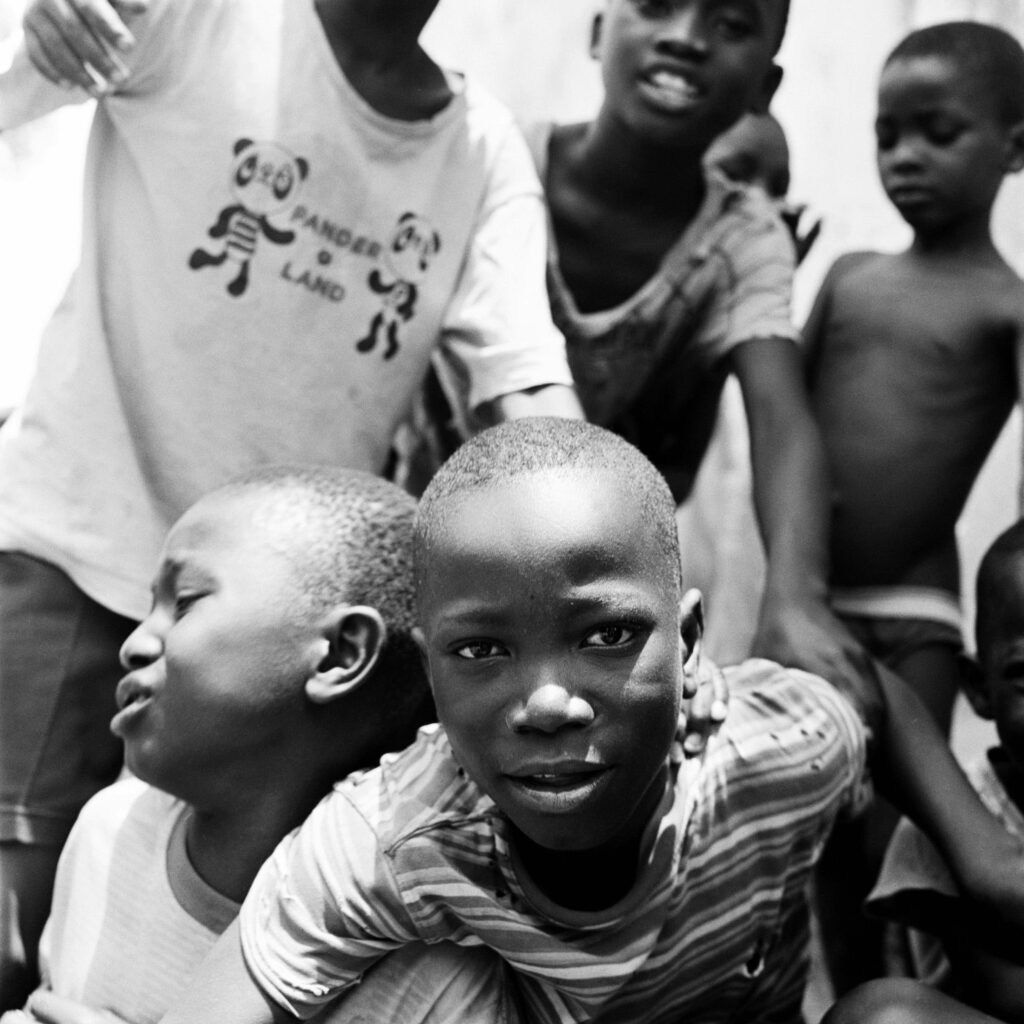
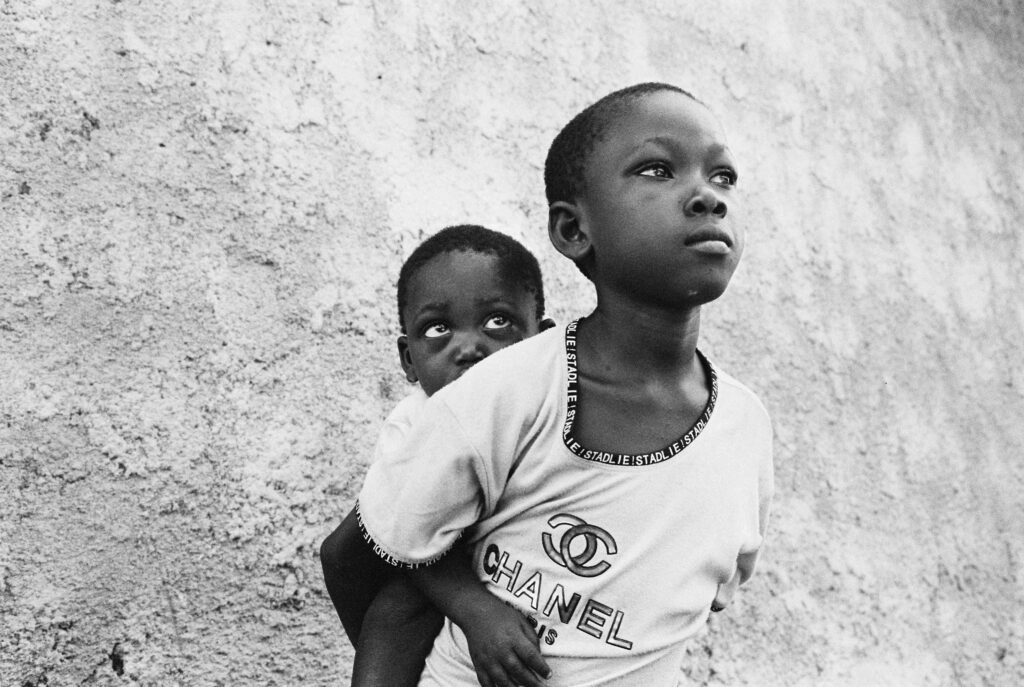
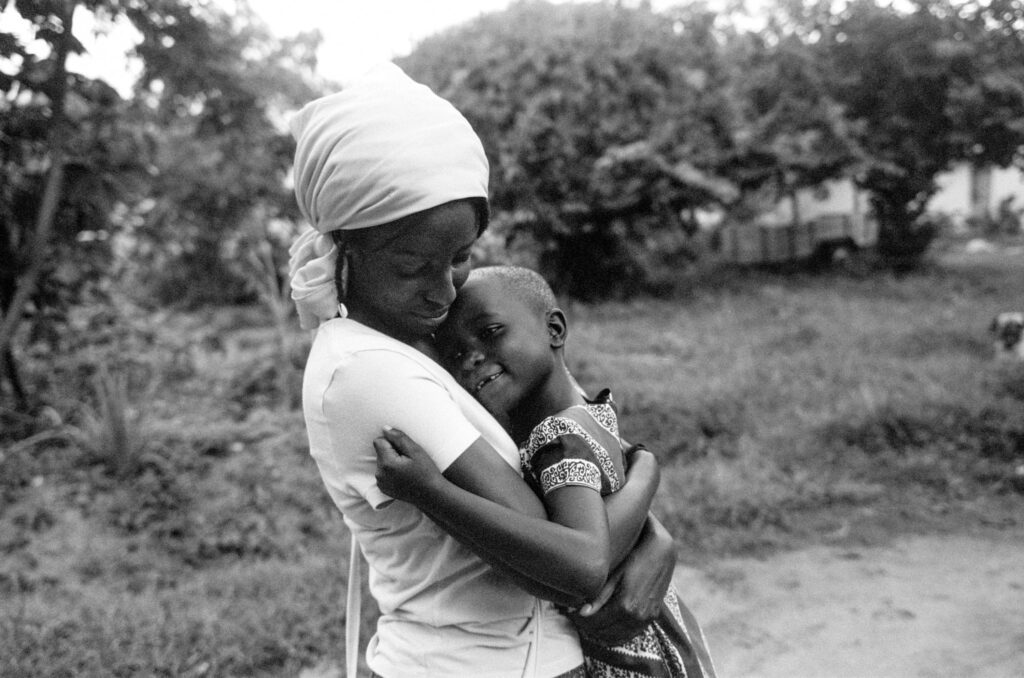
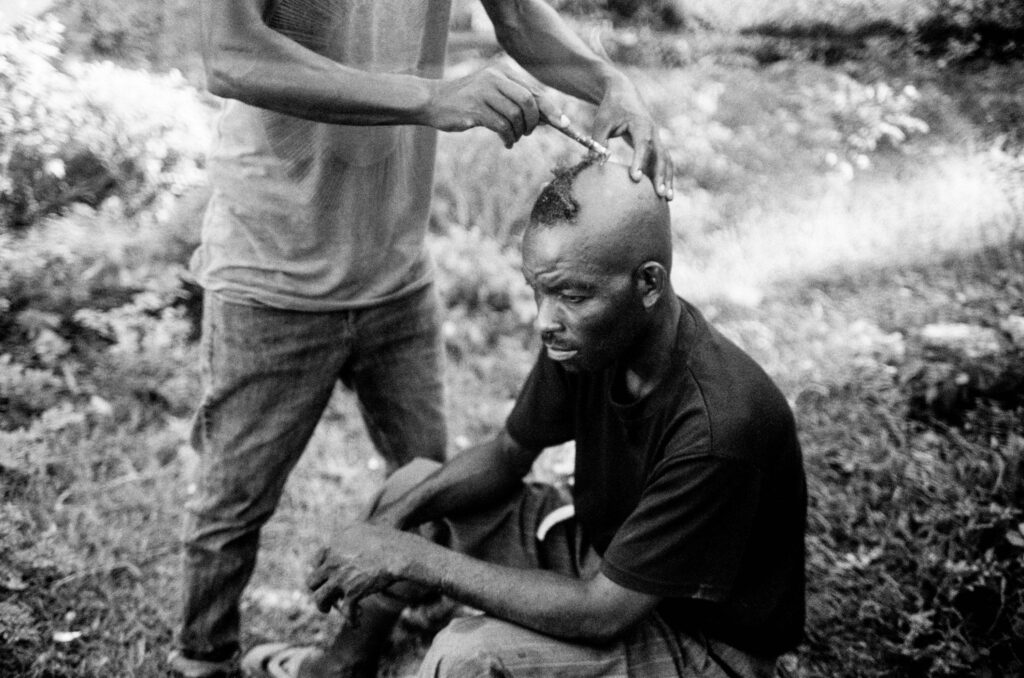
Start off with an introduction about yourself? Your Origin and a bit about your upbringing if you feel comfortable doing so.
My name is Lloyd Foster. I’m a visual artist working primarily in photography and film. I’m currently a graduate student at NYU pursuing an MFA in Studio Art. I grew up in Prince George’s County, Maryland to Ghanaian parents.
What inspired you to become a photographer, and what made you set out to document childhood as you do?
I’ve always enjoyed looking at photographs since I was young. My earliest memory of photography was when I was 12. My mom gave me two disposable cameras to take with me on a trip to Disney World with my older cousins. I ended up losing that camera and looked for it in storage crates for many years but, could never find it. Fast forward about, 8 years later – I decided I wanted to purchase a camera of my own to learn the basics and to pick up a new hobby. Two of my friends in college Dave and Makala were using DSLR’s and uploading photos to Facebook and they were all so fire to me. It just seemed like something fun at the time to get into. I saved up that summer, working a retail job at the time at Target and bought one.
The photographs I took my first couple of years didn’t really take on childhood as in-depth but, instead consisted mostly of portraits of friends, parties, and street captures in DC. Although, I wouldn’t say it’s the prime focus of my work – I explored images of childhood more deeply after traveling to Ghana in 2015. That was my first-time back home and it changed me. There was a part of me missing before but, through that trip I felt more complete.
Growing up, a lot of the what I seen of Africa in the media was negative. I can recall often seeing a lot of commercials highlighting poverty in Africa, malnourished children, and the constant need for outside aid and support. That never really sat too well with me seeing children rightfully the same age as me presented as such. That wasn’t the picture my parents painted of their experiences growing up. I was knowledgeable enough to understand that although this certainly exists it’s not all Africa has to offer nor is every country or town monolith.
As an adult, going back there to myself, I felt the need to document the Africa I was experiencing another way. I saw many of the places my mom spoke to me about when I was younger. I imagined her walks to school, interactions with friends, and playing as a child. I imagined myself growing up there had my parents never come to the US. I saw a lot of people who looked like my friend’s in the states. Although, I was so far apart for so long, I felt connected in many ways.
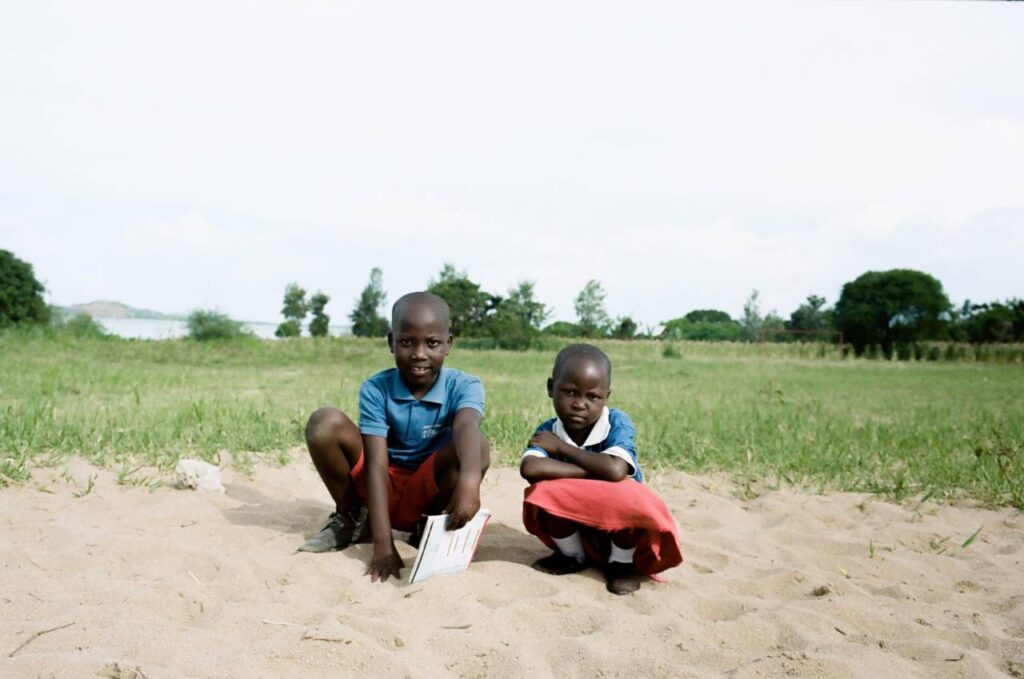
Can you talk briefly about the connection you have with your photographs?
They’re all moments from my life. Everything’s personal. When I go to Ghana, I go to see family and friends, mourn loved ones, celebrate life, and find peace. When I travelled to Sierra Leone, I went through my good friend and former co-worker Abdulai whose been working towards helping his community where he grew up in Sierra Leone. His story speaks volumes and it’s a blessing to know him, share where he’s from through these images, and get to experience Sierra Leone. When I travelled to Tanzania, I went to see my partner at the time who had recently moved there as we were making things work in distance. She just so happened to be working with the youth so it all sort of fell in line with previous work. My photographs are often on the go, I work with what I have and photograph people naturally and how they want to be portrayed.
Do you consider photographing children a medium of your own childhood?
Yeah, at times I do. My art is heavily inspired by my childhood. I sometimes find myself reliving life moments through the people I’m photographing and their experiences. For instance, looking at a photograph I took of a mother holding her children’s hands as they walk on the beach reminds me of the times my mother held my hand as we took laps around the lake when I was younger. There’re certain moments that click on me and I appreciate seeing them even if I’m not photographing them.
What emotions did you feel documenting children in SL, Ghana and
Tanzania?
I feel blessed to be able to live these moments in real time. I’ve learned a lot about myself, what I value in life, and what really matters through my time in these countries and the people I’ve met. I’m thankful for being trusted with taking these images. I feel blessed knowing I’m freezing moments that those I’m photographing and others will appreciate in the future.
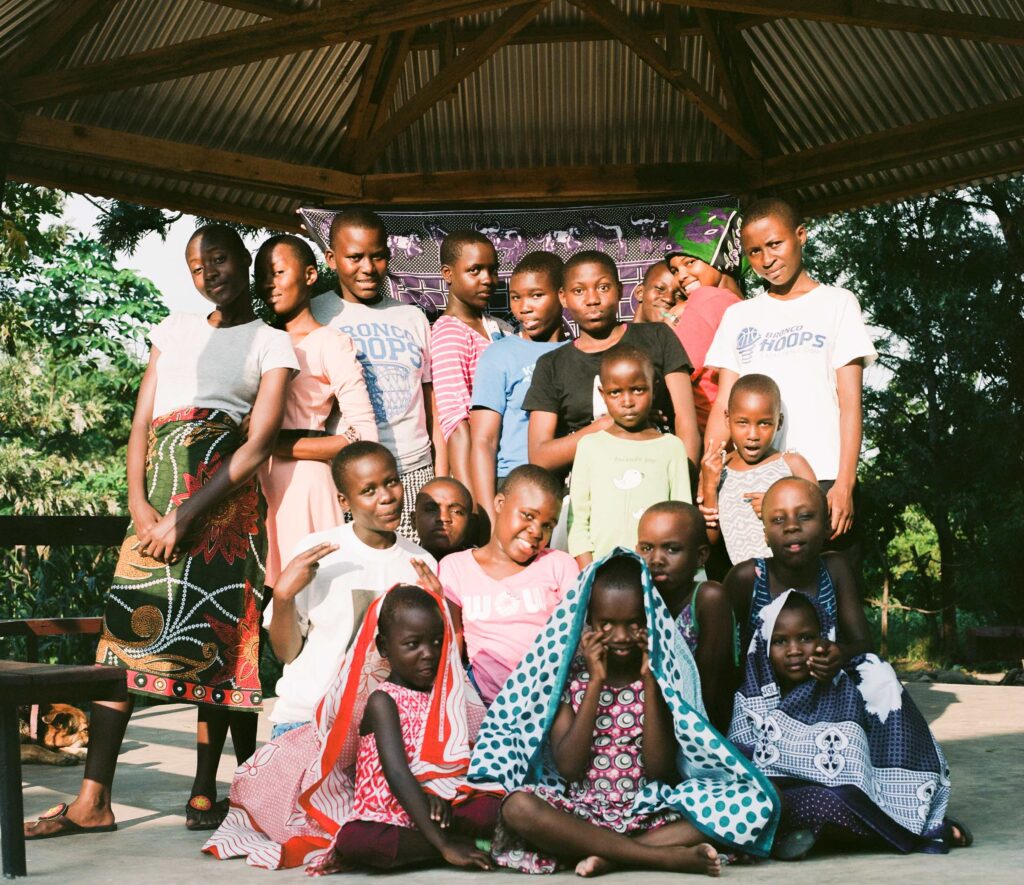
Why do you think your art and style of documentation is necessary?
I’m often photographing people as they are and how they want to be represented at a particular moment. If it’s a photo I’m taking on the street I try to capture the essence of the everyday person. It’s honest work. It’s esoteric. I’m documenting my travels but, I’m ultimately giving you a glimpse into the lives of the people I’ve encountered and moments which myself and others hold dear.
It’s important for us to tell our own stories. Ghanaian Director, King Ampaw said it best “I feel that our culture must be preserved in a visual form so that it will be seen by others before it dies.” I’m not going to be here forever but, the work will.
Are there restrictions you faced while documenting children or spaces in general?
There haven’t really been too many restrictions. I’m always very respectful and appreciative when shooting portraits. There’s been a few times where people would approach me and ask my intentions for the photos, I’m taking but, when I show them my past work it’s usually all love. Sometimes they jump in the photos too.
I try my best not to force any of the images or really anything in life. If it feels like it’s forced I won’t take it. If I ask someone to take their photo and their uncomfortable I won’t take it. Life goes on.
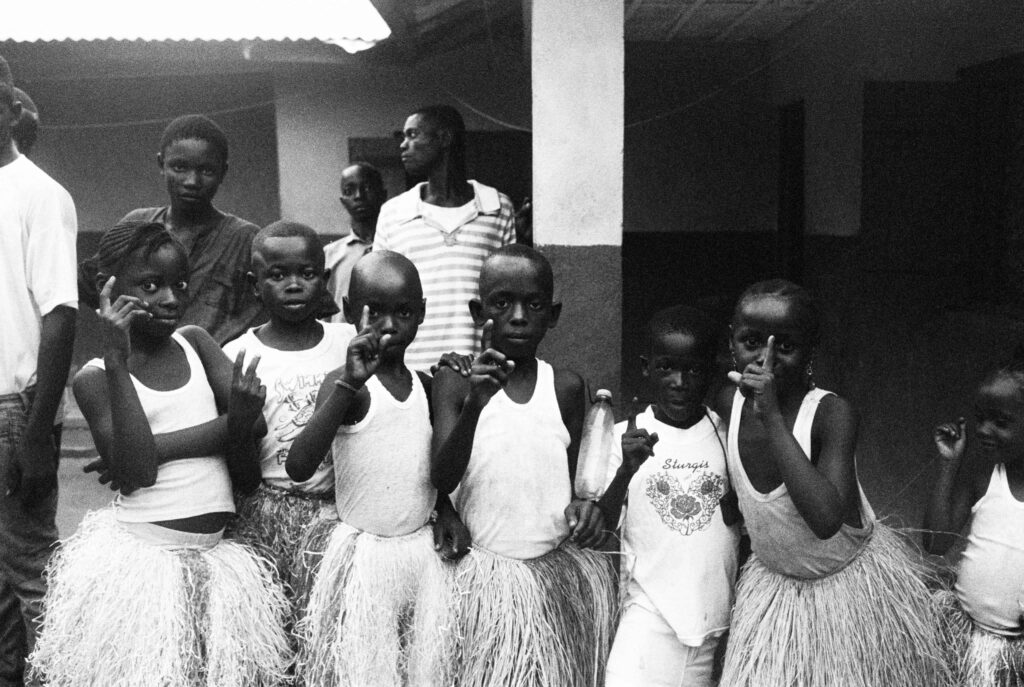
Who are your photography inspirations?
There’s too many. But, a few that come to mind are James Barnor, Felicia Abban, Jamel Shabazz, Malik Sidibe, and Sally Mann. Most recently, I’ve really been into the work of Sanle Sory and Samuel Fosso. I feel like those two were ahead of their time – some real fresh energy. I discovered both within the last 2 years actually. I may be late in finding out about them but, I think it’s great a lot of the older African photographers are getting their flowers now and I know there’s a lot more to be discovered over time.
